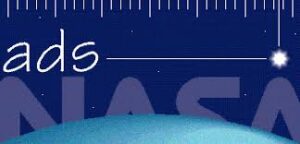Periodic Astrometric Signal Recovery through Convolutional Autoencoders
Astrometric detection involves a precise measurement of stellar positions, and is widely regarded as the leading concept presently ready to find earth-mass planets in temperate orbits around nearby sun-like stars. The TOLIMAN space telescope is a low-cost, agile mission concept dedicated to narrow-angle astrometric monitoring of bright binary stars. In particular the mission will be optimized to search for habitable-zone planets around Alpha Centauri AB. If the separation between these two stars can be monitored with sufficient precision, tiny perturbations due to the gravitational tug from an unseen planet can be witnessed and, given the configuration of the optical system, the scale of the shifts in the image plane are about one millionth of a pixel. Image registration at this level of precision has never been demonstrated (to our knowledge) in any setting within science.
In this paper we demonstrate that a Deep Convolutional Auto-Encoder is able to retrieve such a signal from simplified simulations of the TOLIMAN data and we present the full experimental pipeline to recreate out experiments from the simulations to the signal analysis. In future works, all the more realistic sources of noise and systematic effects present in the real-world system will be injected into the simulations.
This project is a result from COIN-Focus #2 – Rome, Italy/2019.
- Michele Delli Veneri, INAF (Italy)
- Louis Charles Desdoigts, U. Sydney (Australia)
- Morgan A. Schmitz, CNRS/U. Côte d’Azur (France)
- Alberto Krone-Martins, U. California Irvine (USA)
- Emille E. O. Ishida, CNRS/UCA (France)
- Peter Tuthill, U. Sydney (Australia)
- Rafael S. de Souza, Shanghai Astronomical Observatory (China)
- Richard Scalzol, U. Sydney (Australia)
- Giuseppe Longo, INFN (Italy)
- Antonio Picariello, UNINA (Italy)
- Massimo Brescia, INAF (Italy)



